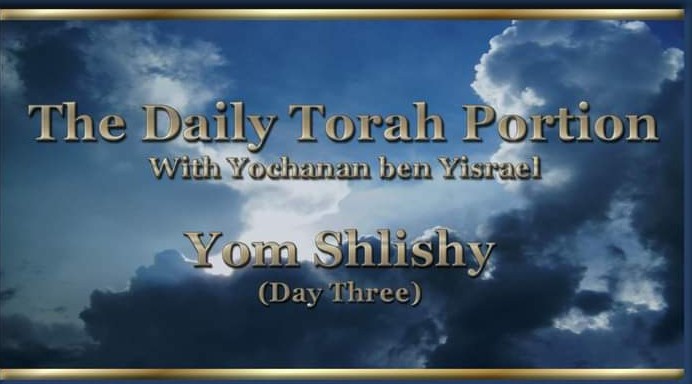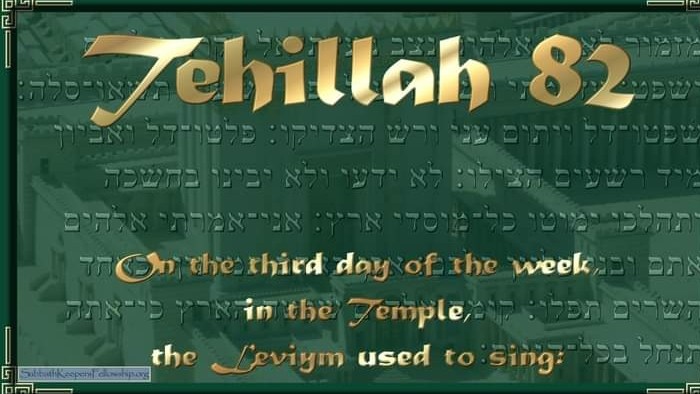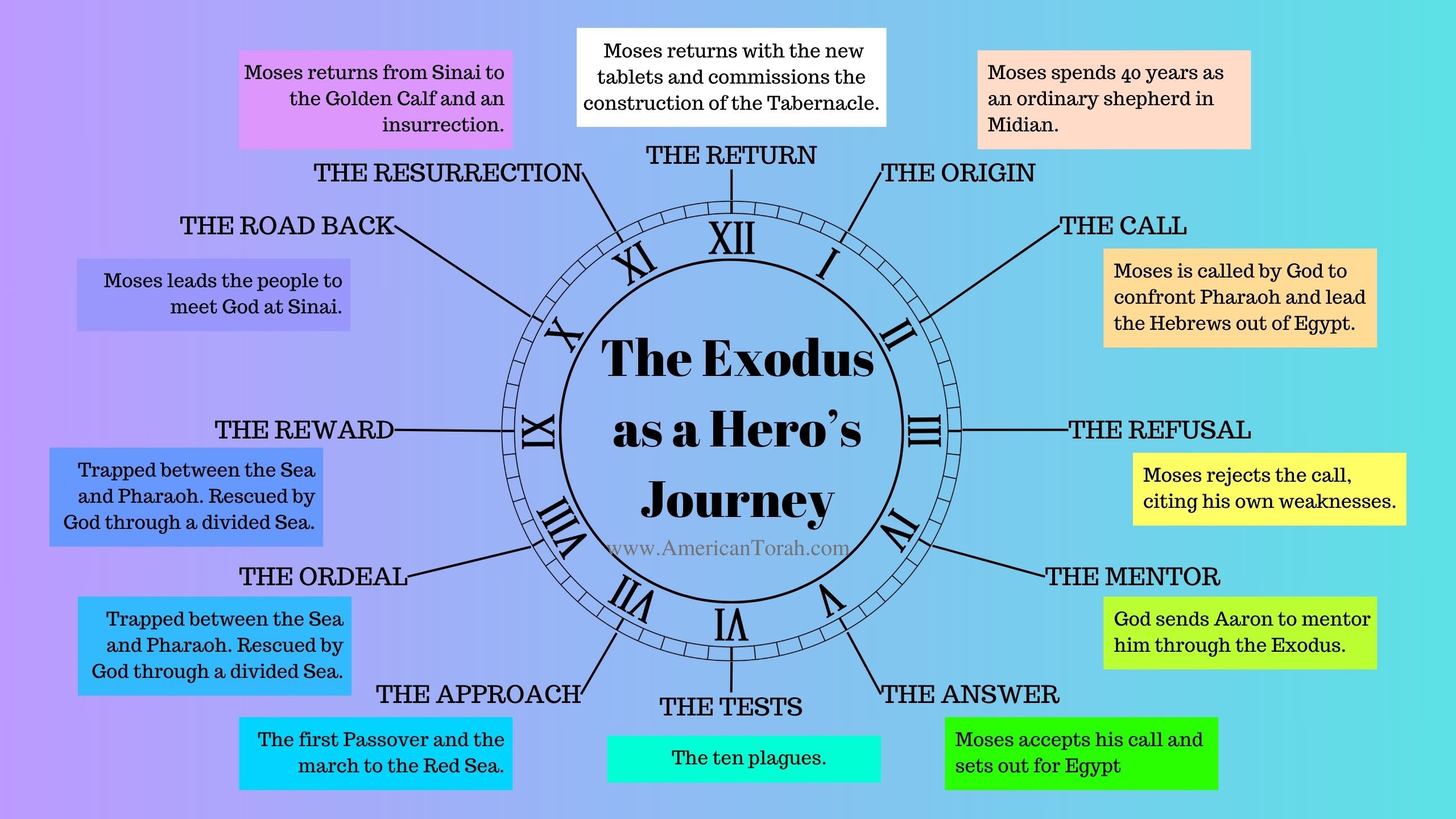Watch
Events
Articles
Market
More
Sabbath Keepers Fellowship & Prison Ministry
Min Hazaqen Torah Study Group on Facebook
Christi Banks
Yochanan Ben Yisrael
15 Bo – Day 3
Sh’moth 10:24-11:3
And Pharaoh called to Mosheh and said, “Go, serve YHWH, only leave your flocks and your herds behind. Let your little ones go with you too.”
But Mosheh said, “You yourself are to provide us with sacrifices and ascending offerings, to prepare for YHWH our Elohim.
“And our livestock are to go with us too, not a hoof is to be left behind, for we have to take some of them to serve YHWH our Elohim, and we ourselves do not know with what we are to serve YHWH until we come there.”
However, YHWH strengthened the heart of Pharaoh, and he would not let them go.
And Pharaoh said to him, “Get away from me! Watch yourself and see my face no more, for in the day you see my face you die!”
And Mosheh said, “You have spoken rightly – never again do I see your face!”
And YHWH said to Mosheh, “I am bringing yet one more plague on Pharaoh and on Mitsrayim. After that he is going to let you go from here. When he lets you go, he shall drive you out from here altogether.
“Speak now in the hearing of the people, and let every man ask from his neighbor and every woman from her neighbor, objects of silver and objects of gold.”
And YHWH gave the people favor in the eyes of the Mitsrites. And the man Mosheh was very great in the land of Mitsrayim, in the eyes of Pharaoh’s servants and in the eyes of the people.




Sabbath Keepers Fellowship & Prison Ministry
Min Hazaqen Torah Study Group on Facebook
Christi Banks
Yochanan Ben Yisrael
Tehillah 82 – Day 3 (Yom Shlishy)
Elohim stands in the congregation of Ěl; He judges in the midst of the elohim.
How long would you judge perversely, And show partiality to the wrong? Selah.
Give judgment to the poor and fatherless, Do right to the afflicted and needy.
Rescue the poor and needy; Deliver them from the hand of the wrong.
They do not know, nor do they understand, They walk about in darkness. All the foundations of the earth are shaken.
I, I said, “You are elohim, And all of you are sons of the Most High.
“But as men you die, And fall as one of the heads.”
Arise, O Elohim, judge the earth, For You shall possess all the nations.




SURGERY
A prayer to use when you are facing surgery
References
Philippians 4:6, 7 --- Hebrews 13:5 --- John 14:27 --- 2 Corinthians 1:20 --- Lamentations 3:23 --- Jeremiah 1:12 --- John 17:17 --- Philippians 4:19 --- Proverbs 2:6 --- 1 Corinthians 14:33 --- Jeremiah 30:17 --- Exodus 15:26 --- Jeremiah 31:3 --- 1 John 4:18 --- Psalm 91 --- Psalm 94:18 --- 2 Corinthians 1:3 --- 1 Chronicles 16:34 --- 1 Peter 5:7 --- John 14:6 --- Isaiah 52:12 --- Hebrews 13:5 --- Psalm 37:5 --- Deuteronomy 33:27 --- John 15:16
Healing Promise:
“Be anxious for nothing, but in everything by prayer and supplication with thanksgiving, let your requests be made known to YHVH; and the peace of YHVH, which surpasses all understanding, will guard your hearts and minds through Moshiach Yeshua.” (Philippians 4:6-7 NKJV)
Healing Prayer:
Wonderful and faithful heavenly Abba, as I face surgery I thank You for Your promise which assures me that Your peace, which surpasses all understanding, will guard my heart and my mind through Moshiach Yeshua. I claim this promise through prayer and supplication with thanksgiving and through the peace You give me, I will not be anxious or fretful about the surgery I face. Your Word assures me that You will never leave me nor forsake me. Your promise of peace comforts me and I ask You to minister Your peace to me now as I pray, for I know that all of Your promises are yes and amen in Moshiach Yeshua. You are faithful Adonai YHVH and You watch over Your Word to perform it in my life. Your Word is truth. You have promised in Your Word Abba, to supply all my needs according to Your riches in glory by Moshiach Yeshua. One of my greatest needs right now is for my doctor and the medical staff to provide the best possible medical care to me. Therefore, I ask You to give them special skill, wisdom, mental clarity, knowledge and understanding as they plan and perform the surgery and provide my care afterward. Give them an attitude of mercy and compassion toward me and all their patients as they minister in the healing arts. Dear Abba YHVH, give wisdom to my physicians so that they will be able to do their work without confusion. I especially lift up to You now my surgeon, doctor ……………… Be with him/her as he/she study my case and make decisions related to my care. Bless him/her Abba. I ask for this surgery to be successful and without complications and for my recovery to be quick and complete. I pray that the doctors will be amazed at the speed of my recovery Abba, for I know You will restore health to me and heal me of my wounds. You are Adonai Who heals me. Thank You Abba, for loving me with an everlasting love. Let Your perfect love fill me and cast out all fear. I love You Adonai YHVH, for You are my refuge and my fortress. You are my YHVH and in You I will trust. Because I have set my love upon You loving Abba, I know You will deliver me, answer my prayers, be with me and satisfy me with long life. Your mercy O YHVH, is holding me up right. You are the Abba of mercies and the YHVH of all comfort and I thank You for comforting me during this time of surgery and recovery. You are good and Your mercy endures forever. When anxieties arise to disturb my peace, I will cast all my cares and worries upon You, because I know You take good care of me. Thank You for the gifts You have imparted to my physicians; gifts of knowledge, wisdom and insight. Help them to apply those gifts to my case dear Abba. If any of my physicians do not know You personally Adonai YHVH, I beseech You to lead them to a saving knowledge of Yeshua Moshiach, Who is the way and the truth and the life. Bless my doctors and their loved ones. You go before me to prepare the way for me Abba. I know that You never leave me nor do You forsake me. Therefore I will trust in You and rest in Your everlasting arms as I go successfully through this surgery and recovery. In Yeshua’ Name I pray, amein.



The Exodus story follows the Hero's Journey literary pattern that seems to be built into the human genome.
#biblepatterns #exodus #biblestudy



